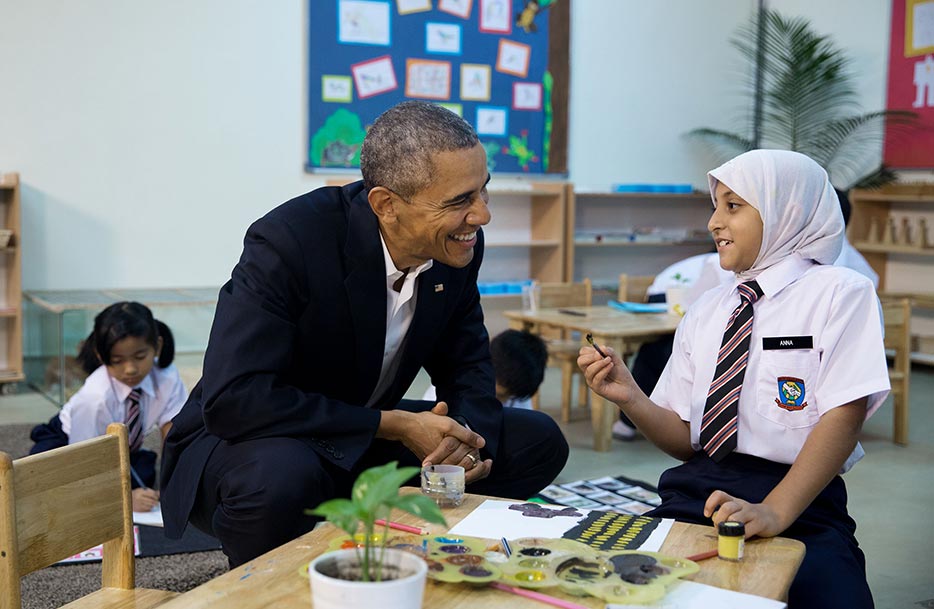Microsoft and LinkedIn respond to the President’s Call to Action to assist refugees
2 min. read
Published on
Read our disclosure page to find out how can you help MSPoweruser sustain the editorial team Read more

Back in Julyt, the US government announced a Call to Action for the U.S. private sector to stand with the White House and make new, measurable and significant commitments that will have a durable impact on refugees residing in countries on the frontlines of the global refugee crisis and in countries of resettlement, like the United States. Microsoft and LinkedIn put forth summaries of their work to date to assist refugees, read about it here. In response to the President’s Call to Action, Microsoft and LinkedIn have now put forward the following commitments to address the global refugee crisis.
- Microsoft pledges to build upon existing partnerships with the U.N. and NGOs such as UNHCR to invest in technology that provides refugees with broader access to education, professional skills, and economic opportunity. This includes support for UNHCR’s Connectivity for Refugee initiative; donation of cloud technology services to NGOS engaged in refugee relief; expansion of an Arabic to German language training program; support for a 12-month counseling and psychosocial assistance program; and an Innovation Hub where refugees can develop technology and entrepreneurial skills.
- LinkedIn is committed to growing its refugee initiative, Welcoming Talent, to additional countries beyond Sweden. LinkedIn is taking a different strategy in expanding to Canada by integrating LinkedIn training curriculum into economic empowerment and employment programs, in collaboration with the Prime Minister’s office and two local NGOs, and scaling this approach with the IRC to expand in global markets.








User forum
0 messages